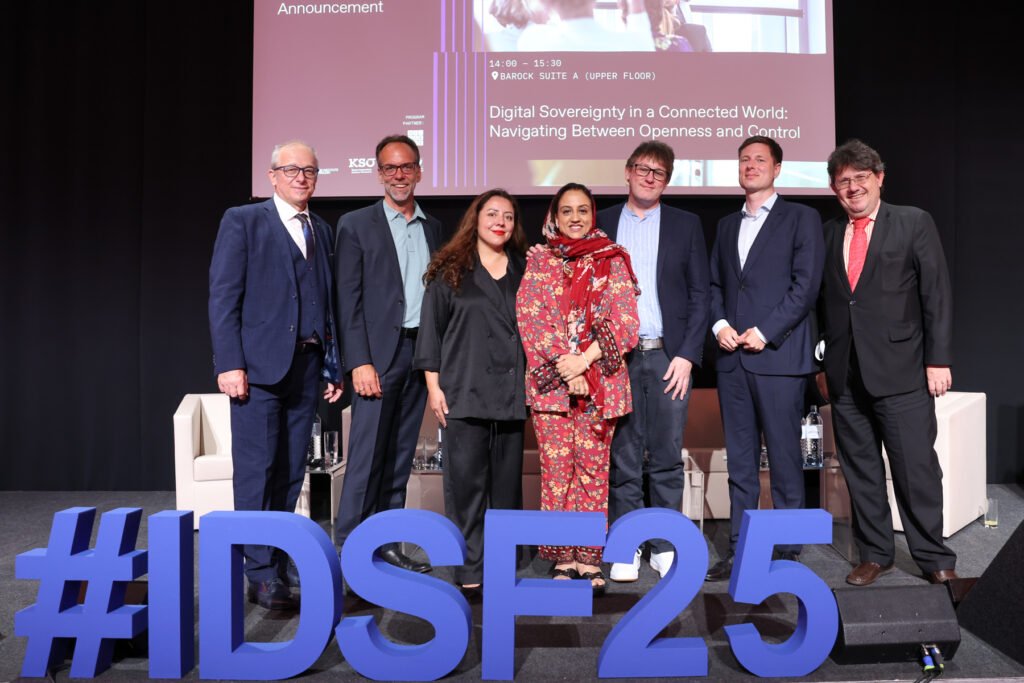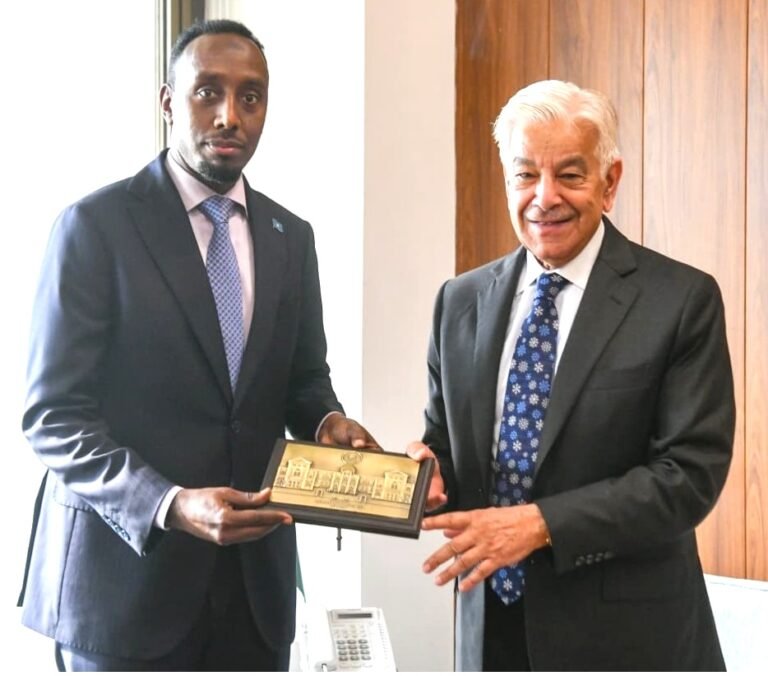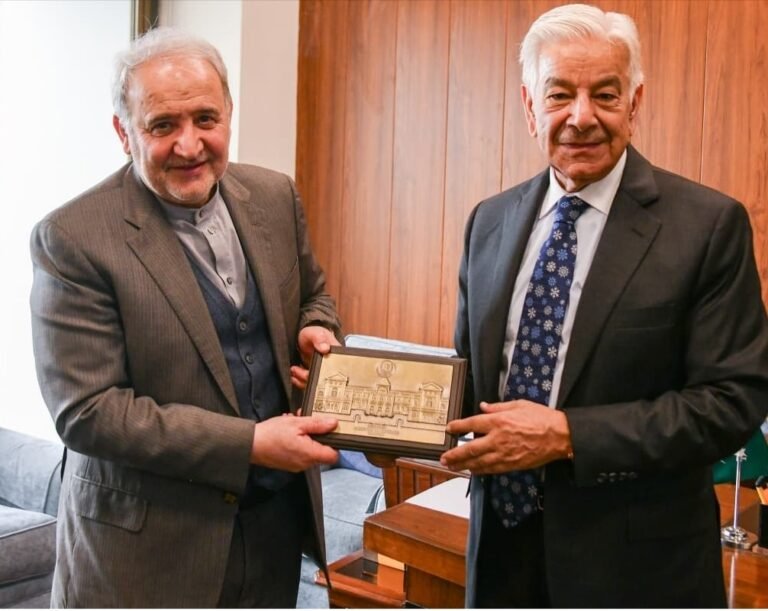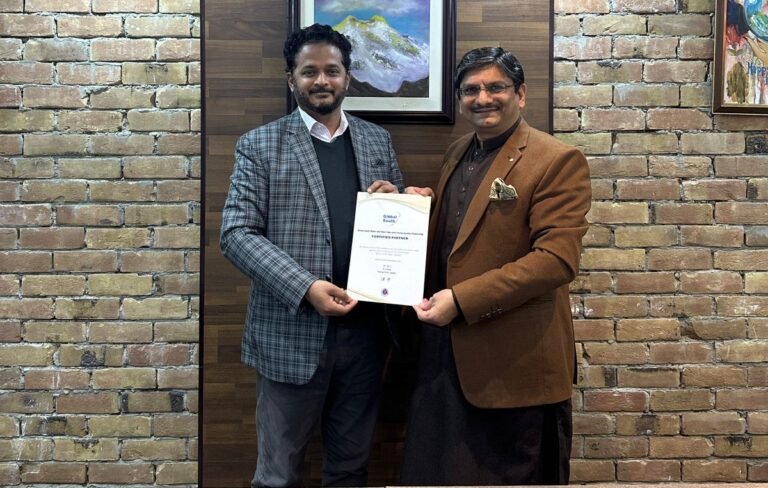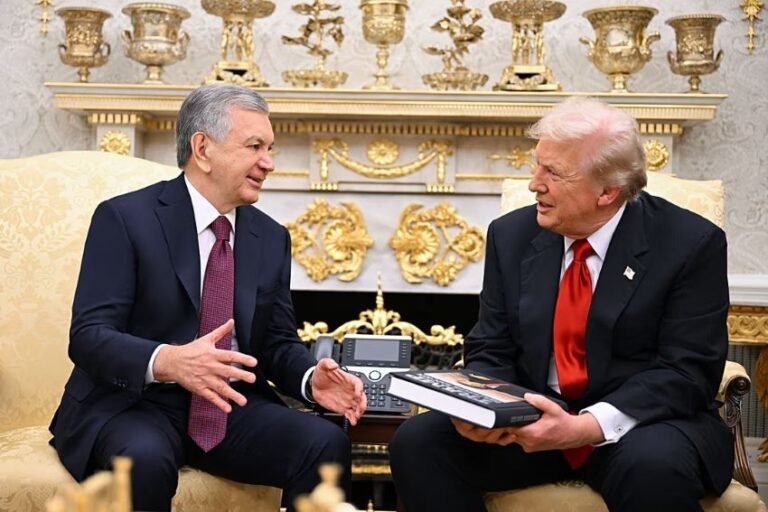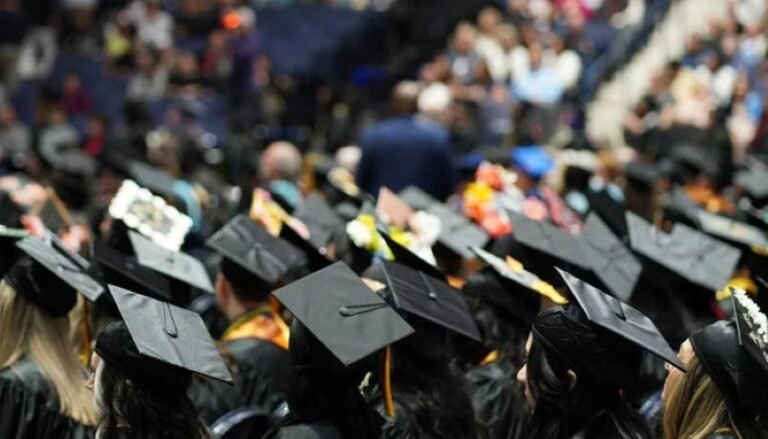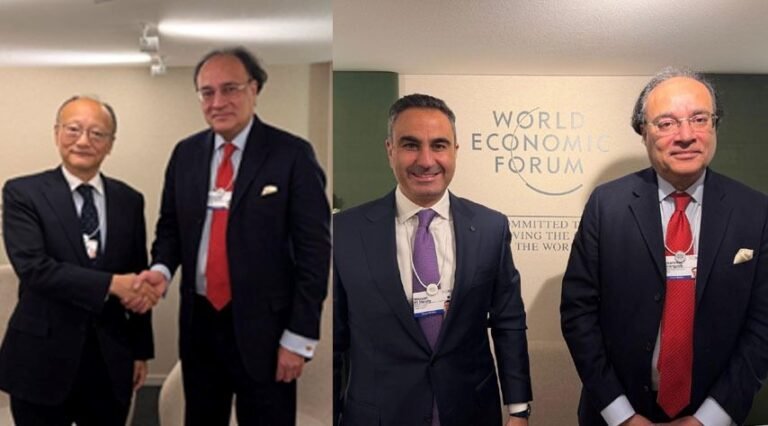The International Digital Security Forum (IDSF) 2025 commenced on June 4 in Vienna, Austria, gathering global leaders, technologists, and policymakers to address the evolving challenges of digital security. Under the theme “Balancing Sovereignty and Solidarity in the Digital Age,” Day 1 set the stage for critical discussions on the intersection of technology, governance, and human rights.
Keynote: Reclaiming the Digital Commons
Renata Ávila Pinto, CEO of the Open Knowledge Foundation, delivered a compelling keynote titled “Reclaiming our Digital Commons for Security, Peace, and Solidarity.” She emphasized the need for a human-centric digital ecosystem that prioritizes openness, equity, and collective empowerment over profit-driven models.
Ávila advocated for participatory governance and universal access to digital resources, highlighting the role of transparent and adaptable technologies in fostering resilient and just societies.
The inaugural session was moderated by Cornelia Ertl, one of the top event moderators in Austria. After welcome notes by the organizers, Austria’s Secretary of State for Digitalization, Alexander Pröll, delivered opening remarks in a video message.
Read More: Come & Meet Diplomatic Insight Group at IDSF 2025
Expert Panels and Sessions
The day’s agenda featured a series of thought-provoking sessions and workshops:
Digital Sovereignty vs. Global Cooperation: Experts debated the tension between national digital sovereignty and the necessity for international collaboration. Discussions focused on creating frameworks that respect individual nations’ autonomy while promoting shared security standards.
Human-centric Data Governance: Farhat Asif from Pakistan’s Institute of Peace and Diplomatic Studies, speaking alongside three other panelists, emphasized how limited or controlled access to tech in the Global South is a challenge and poses grave threats.
Quantum Technologies and Security: Ulrich Mans of Quantum Delta, Netherlands, explored the implications of quantum computing on current security protocols, urging for proactive measures to safeguard against potential threats.
Notable Speakers
Day 1 featured a diverse lineup of speakers, including:
Helmut Leopold: Initiator of IDSF and Head of the Center for Digital Safety & Security at AIT, who underscored the importance of interdisciplinary approaches to digital security.
Ditte Bjerregaard: Acting Tech Ambassador for Denmark, who discussed the role of diplomacy in shaping global digital policies.
Elena K. Sokova: Executive Director at the Vienna Center for Disarmament and Non-Proliferation, who highlighted the intersection of digital security and global peace initiatives.
Read More: Why IDSF 2025 Is Not Just Another Tech Conference
Exhibition and Networking
Beyond the sessions, attendees engaged with cutting-edge technologies showcased by leading cybersecurity firms. The exhibition provided a platform for startups and established companies to demonstrate innovative solutions addressing current digital threats. Networking events facilitated collaborations among participants from over 35 countries, fostering a global community committed to enhancing digital security.
Looking Ahead
As IDSF 2025 progresses, the forum aims to delve deeper into topics such as artificial intelligence ethics, data privacy, and the development of international cybersecurity norms. The insights and collaborations from Day 1 have set a robust foundation for the subsequent discussions, emphasizing the collective responsibility in securing our digital future.
Established in December 2008, The Diplomatic Insight is Pakistan’s premier diplomacy and foreign affairs magazine, available in both digital and print formats.

